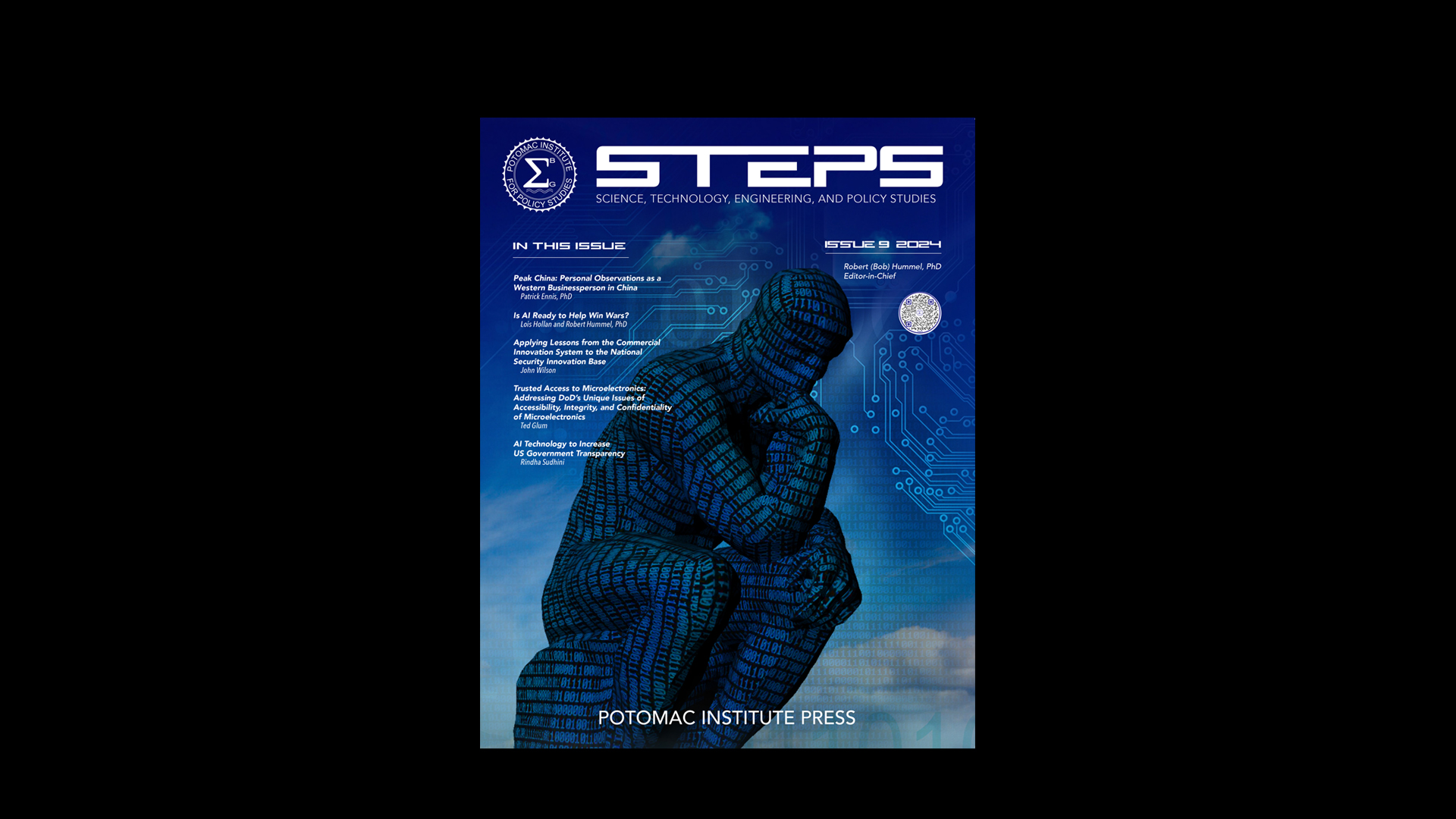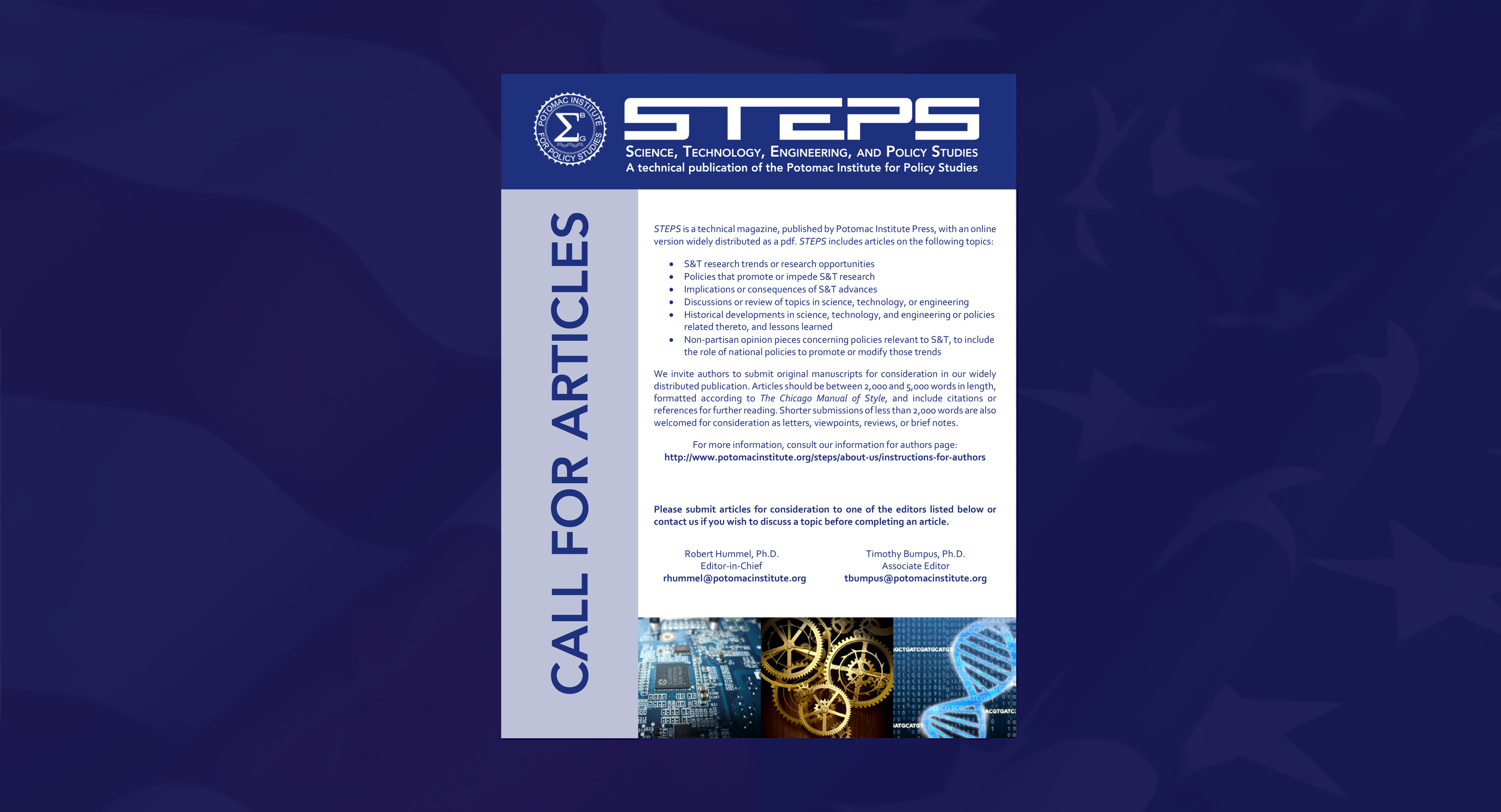Charlie Mueller & Kathy Goodson
Democratic societies are founded upon the principle that an educated, intelligent society will create a way of life that truly embraces the human potential; collective intelligence is the path to societal wisdom. Thomas Jefferson expressed this basic idea in a June 1789 letter to Richard Price Paris where he said, “Whenever the people are well informed, they can be trusted with their own government.” The idea our founding fathers had in establishing a democratic society freed us from a dominating government structure that embraced individual authority over collective intelligence. We were encouraged to think for ourselves and cooperatively with each other. We no longer had to be told what to do; our imaginations and our potential were finally set free.
There are several historic American examples demonstrating our push for collective intelligence. The one that comes readily to our minds is public education. Between 1852 and 1918, all of the states and territories mandated that all children should be educated, providing the intellectual seeds for Jefferson’s 1789 statement. Public education includes the availability of libraries, schools, and museums. The purpose of public education is sometimes boiled down to several one-sentence ideas: “give people skills for life” or “teach people to be productive”. However, I would argue that the main goal of public education is to raise our societal collective intelligence. In order to build a nation of thinkers that contributes to the success of our country, we have to raise the bar of collective intelligence. One way to accomplish this is through public education. The question is: how do we continue to raise this bar?
First, it is not just about access to information and it is not just about providing a public education system. That is just the foundation. It is about spreading and generating knowledge. The Internet revolution has created unprecedented access to information and changed the educational system in ways that our ancestors could not imagine. The average fool today knows more about the complexities of the universe than some of the greatest minds centuries ago. We are generating new information at a rate that we have never done before, which means we should be generating a more knowledgeable society, but recent trends suggest we are not doing so relative to the rest of the world.
A major problem is that with so much access to information, we are forgetting to teach our children and ourselves how to transform this information into knowledge. Programs like “No Child Left Behind” have only helped weaken our ability to derive knowledge from all the information we have available today, a failure even acknowledged by the White House. This is not just a problem regarding how we teach our children. This problem exists for the average adult and even among our nation’s top thinkers and our scientists. For years, scientists have been trained to specialize in their area of expertise and refrain from thinking about their problems from the perspective of a different scientific discipline. We need new, innovative ways to share information and the knowledge that we gain from it. Shared knowledge drives collective intelligence.
Aside from the obvious reformations in our educational system to get our children focused on learning, what steps do we need to take to put the U.S. back on track to being an intelligent nation? Collaboration in the sciences is key. A cited example demonstrating this point can be seen in a recent interdisciplinary study where a joining of physics and biology led to a nano-system that could be used in the early detection of cancer. Collaboration on the national level, like that being promoted in the President’s BRAIN Initiative, is one step in the right direction. The BRAIN Initiative aims to raise the bar of our collective intelligence in neuroscience by not only encouraging collaboration amongst scientists of different fields, but also by inducing active participation of government, academia, and industry. We need more of these types of collective movements.
In an age where Americans cannot afford to be behind the curve in anything, we must seed the changes that we want to see. At the Potomac Institute for Policy Studies we are asking these questions and actively searching for answers. Through our Center for Neurotechnology Studies (CNS), we actively create forums to get some of the best minds in government, academia and industry together to discuss important neuroscience issues. Our Center for Revolutionary and Scientific Thought (CReST) works hard every week trying to develop real solutions to difficult S&T questions. We understand that greatness is not achieved alone; it is achieved by cooperation of many. The U.S. is the greatest nation the world has known and all of our triumphs have come when we unite, pool our knowledge and intelligence together, and focus it towards the challenges we face.

















